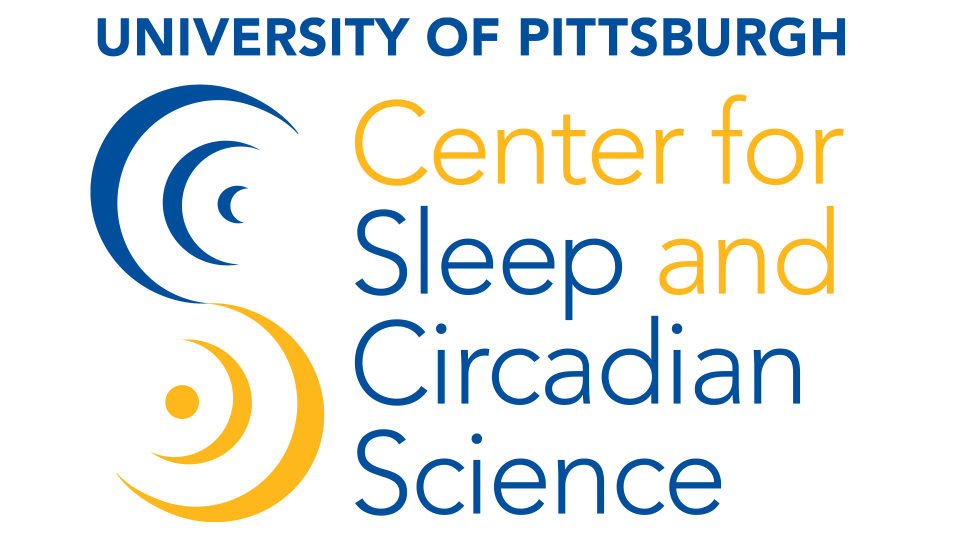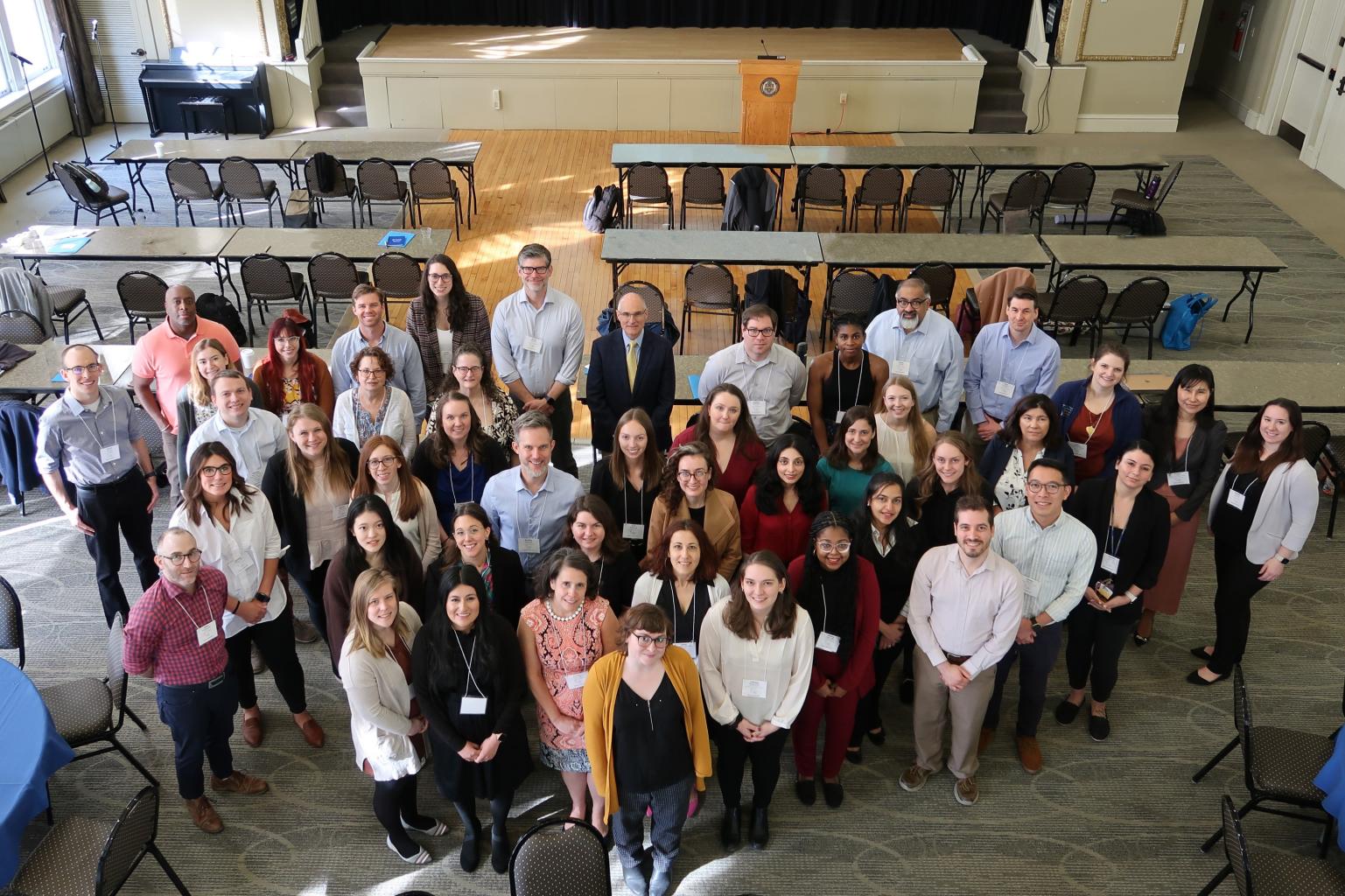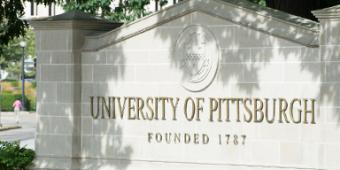
The Center for Sleep and Circadian Science (CSCS) was formally established in 2017 by investigators from multiple schools, departments and divisions at the University of Pittsburgh. A Steering Committee, chaired by Daniel Buysse, MD, oversees the activities of the CSCS. The mission of the CSCS is to advance the science and practice of sleep and circadian medicine through innovations in research, education, and clinical care.
CSCS faculty, trainees, and staff are engaged in a wide range of research projects focused on sleep and circadian health. Undergraduate, graduate, medical student/resident, and postdoctoral trainees gain valuable hands on research experience by working closely with CSCS faculty from across the University of Pittsburgh campus, including the Graduate School of Public Health, Department of Psychology, Department of Neuroscience, School of Nursing, and Division of Pulmonary, Allergy, and Critical Care Medicine in the Department of Medicine.

CSCS research programs investigate the critical role that sleep and circadian rhythms play in physical, mental, and cognitive health across the lifespan. Center investigators and staff have also developed important tools widely used by researchers across the country and abroad. The tool kit includes a cadre of instruments to facilitate sleep assessment including the Pittsburgh Sleep Quality Index, the Consensus Sleep Diary, and the Structured Interview for DSM-5 Sleep Disorders.
In addition to cutting edge research, the CSCS also provides education and training to the next generation of sleep and circadian researchers and clinicians.
Learn about our dynamic events that provide a supportive venue for trainees and faculty to learn more about sleep and circadian science, and to obtain valuable feedback on their research ideas.

Find useful links and additional resources.


